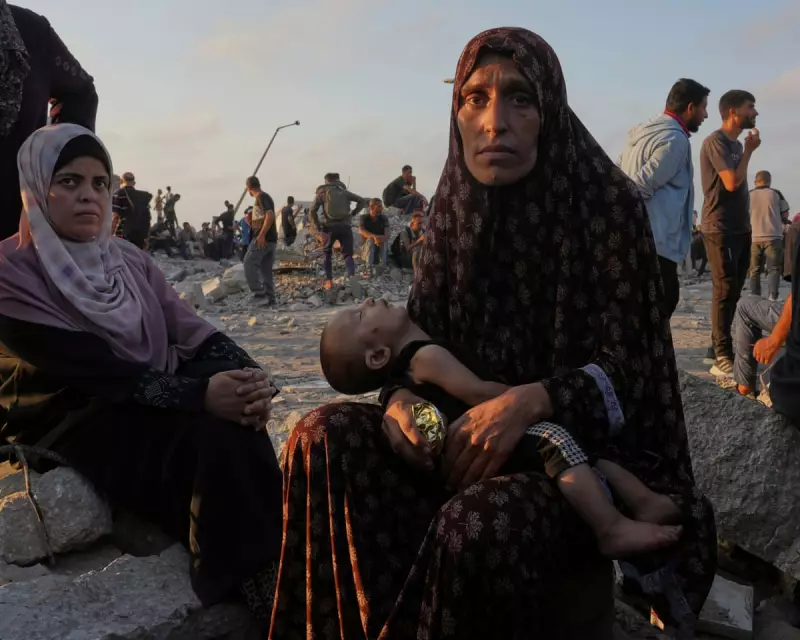
The International Court of Justice (ICJ) has postponed its highly anticipated verdict on whether Israel's military actions in Gaza constitute genocide, leaving legal experts and human rights advocates questioning the reasons behind the delay.
Legal Complexities at Play
The case, brought by South Africa, accuses Israel of violating the Genocide Convention during its military campaign in Gaza. However, the ICJ's decision-making process involves multiple layers of legal scrutiny, including:
- Examination of intent - a key element in genocide cases
- Assessment of military proportionality
- Evaluation of civilian protection measures
Political Pressures Behind the Scenes
Sources close to the proceedings suggest that geopolitical considerations may be influencing the timeline. The court faces unprecedented pressure from:
- Western governments supporting Israel
- Arab states backing Palestine
- Global human rights organizations
What Comes Next?
While the delay frustrates both sides, legal analysts emphasize that thoroughness in such landmark cases is essential. The court must balance:
Speed vs. Accuracy: Rushing could undermine the verdict's legitimacy.
Politics vs. Law: Maintaining judicial independence remains paramount.
The world now waits as the ICJ navigates one of the most contentious cases in its history.






